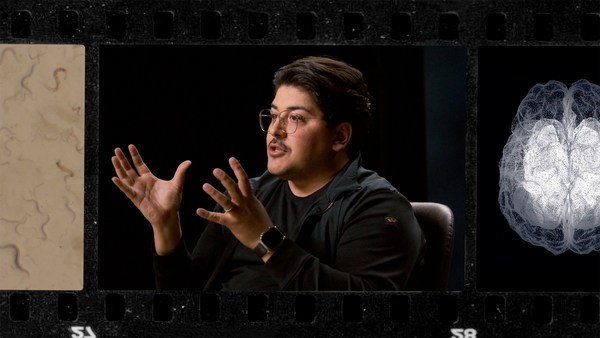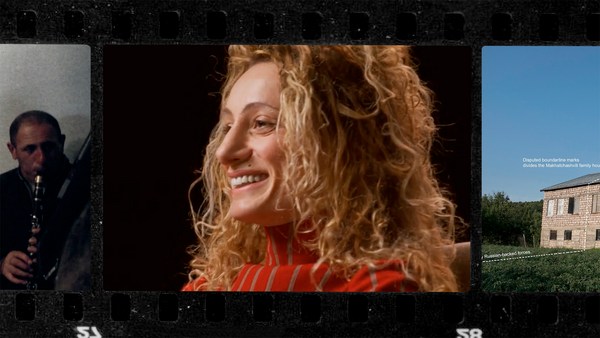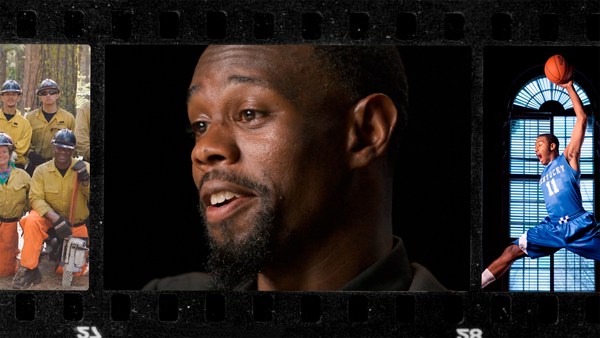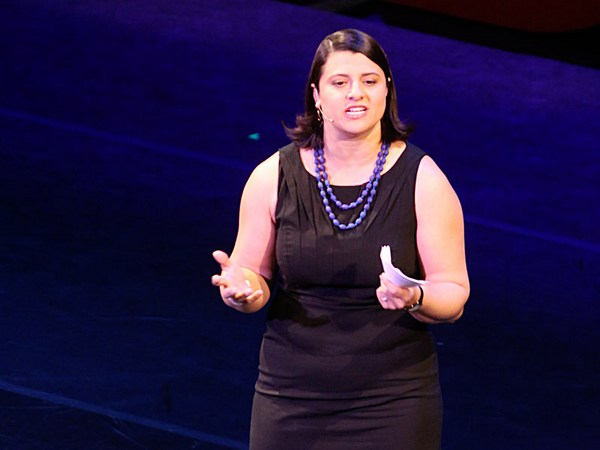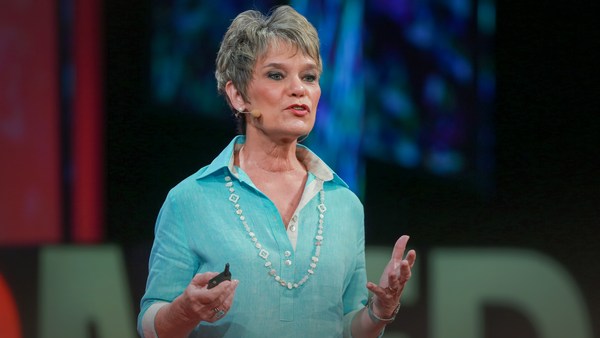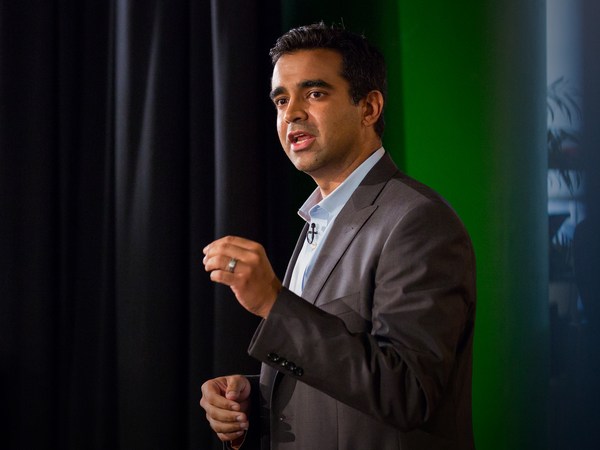I think in the face of any adversity, communities of color have always found solutions. I think for me, social media is one of those places and safe havens. Social media can be a positive change. It can inform masses about really crucial issues that are often overlooked in the media. My followers often are commenting on my videos saying, "I haven't seen this anywhere else." I think that social media can save lives when used in the right way.
My name is Joel Bervell, I'm a fourth-year medical student, but I'm better known online as a medical mythbuster for creating content about health equity, the hidden history of medicine and the ways that healthcare needs to change for communities of color.
When I first started medical school, it was a really interesting time. I was thinking a lot about Ahmaud Arbery and Breonna Taylor and George Floyd. All these moments were happening at the same time that I entered my first year of medical school, where myself and one other medical student were the only two Black medical students in our school of 200 students. It made me think a lot about how we were talking about race in the United States and what race meant in the context of being a medical student. I kept hearing in my classes that Black people were more likely to have asthma, more likely to get COVID, Black people were more likely to have diabetes. We never dived into the social or other political ramifications of why that was and the history behind what led to those health disparities to exist. Seeing the lack of diverse medical education in my curriculum made me want to actually take to TikTok and Instagram to talk about the things that I wasn't seeing in school.
(Video) My name is Joel, the medical mythbuster. And let's talk about racial bias with the alpha-fetoprotein test. Let's talk about racial biases in lung function tests. Let’s talk about the racialization of X-ray radiation. The misguided racial correction built into this device, spirometer, it assumes that all Black and Asian patients have a lower lung functioning compared to any other race. Up to 93 percent of cervical cancers are preventable. Yet in the United States, Latinos are more likely to be diagnosed with it, and Black women are more likely to die from it. Looking back at this history teaches us is how racism becomes embedded and unnoticed until we raise the alarm to practices that make no sense. ["When you go to medical school to learn how to heal people] [but also learn that racial biases still exist in medicine.] [So you start using social media to expose the racial biases and educate everyone]
So many of my videos, a lot of the comments were from healthcare professionals: doctors, nurses, PAs, saying, "I've never heard about this." A study in 2016 was done and actually showed that 50 percent of medical students or residents endorse at least one false biological belief about differences between Black and non-Black patients. So goes to show how the history of these biases and stereotypes continue till today and can impact the way that patients get care. Because everyone, especially most Black people, have had an experience in the hospital where they felt like they weren't listened to, they were ignored, and they want to understand why.
There's already legacies and histories of why communities of color don't trust the medical system. You can look at so many things that have been done.
(Video) In 1961, Fannie Lou Hamer went to the hospital for the removal of a small uterine tumor. While under anesthesia, she was given a hysterectomy without consent. This woman's cells were used for research on COVID, polio, cancer and so much more, but they were taken without her consent. Dr. Sims practiced genital surgeries on enslaved Black women and children without any anesthesia.
Our job as physicians needs to be to be able to figure out what should and what shouldn’t stand from past beliefs to present beliefs. I think diversity, equity, inclusion is one way that we're able to critically evaluate the systems around us, especially in medicine. Diversity, equity, inclusion one, is really important because it goes beyond race. It goes to thinking about all aspects of our social identities and how that interacts with the healthcare field. And two, it's necessary just because the patient population we serve is diverse in itself. So often there are places in medicine where it doesn't make sense to use race. Whether that's through an equation that's about kidney functioning or about lung functioning. So being able to talk about DEI in that lens allows us to critically evaluate why we use race-specific issues. If we're not able to accurately critique why race is included in systems, and whether that's harming or helping patients, we're unable to do our job of do no harm.
But there's a concerted effort to try and essentially root diversity, equity, inclusion out of medicine, people thinking that's negative in the medical field. If these anti-DEI bills continue to get passed, I think we're going to see less diversity in medicine across the spectrum. I think we're going to see less access to research that's really critically thinking about why we're using race and being able to kind of recorrect that, which has already been difficult to get people to talk about in the first place. We're going to see scholarship programs dry up. We're going to see programs that are investing in the next generation go away. We're going to see students less interested in going into medicine, simply because there's not investments into communities that have been overlooked for so long. We're going to be set back to a time where we were not moving medicine forward and actively harming patients.
I don't want to scare people away from the health care system, but I want them to know that they have the power and there's information they can have when they get to the doctor so they feel a little bit more confident. When there's awareness, providers, patients, researchers can actually start tackling a problem. I think when we don't know it's a problem, we don't do anything about it. I think there's just so many opportunities to use social media as this ground for community to build and create advocacy and hopefully create change. I think especially when it comes to anti-DEI bills, I think that's the space we're going into. It can be a space to continue to learn, educate and hopefully talk about how we can improve medicine overall.
